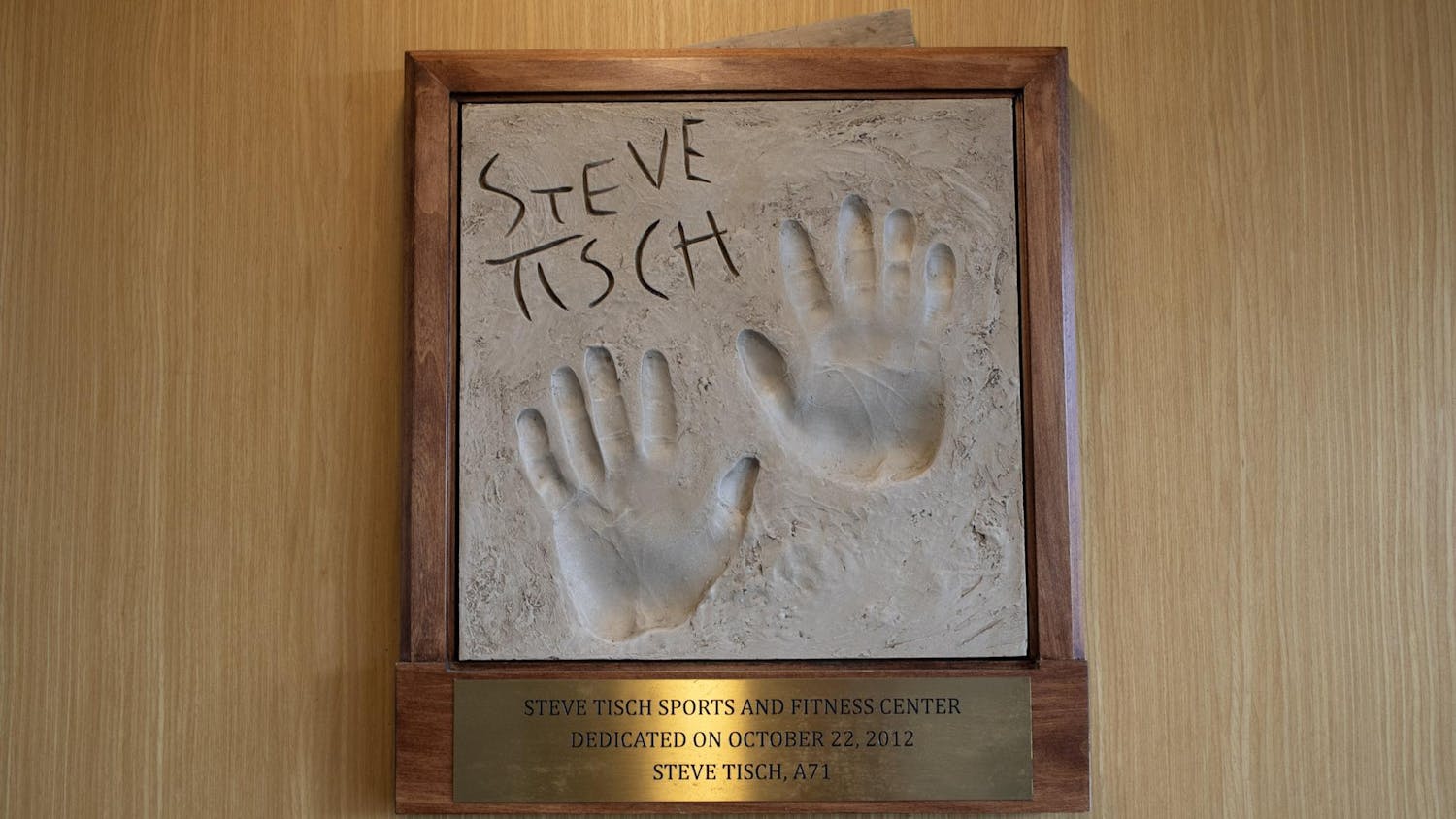When it rains a year's worth in 48 hours, you don't mop the floors, drain the streets, put on rubber boots and get on with your life.
If you're unlucky, you spend a week ripping out damp carpet, prying up rotten wood floors and tearing off musty drywall. You toss away furniture, memorabilia and memories because the flood water is mixed with sewage and anything other than metal is beyond repair. You look for a new place to live. You consider your family, your friends and whether you have enough money to afford a hotel, and if you don't then you head to a shelter. You hope your car was high enough, you hope your power will come back soon so you can charge your phone to see if your loved ones made it out okay. You say you're lucky to be alive as you sit in your front yard looking at a pile of everything you once owned now turned to a moldy pile of reminders of what you once had.
If you're lucky, and your house stood just high enough to avoid that wave of rancid water invading your space, you'll also be spending the next week ripping damp carpet, prying up rotten wood floors and tearing off musty drywall. Because when your city floods, you'll have friends, family, classmates, teachers and neighbors who weren't lucky. You'll see on the news thousands of newly-made-homeless Houstonians marching in the pouring rain to a shelter. You'll drive a block from your house and see a line of 50 houses, houses with mountains of debris on their porches, with exhausted parents wondering what to do next and with confused kids trying to distract themselves with whatever toys survived the water.
Harvey was a disaster to the utmost degree. The damages to the city caused by the storm are projected to be over $60 billion. To put that in perspective, FEMA is only projected to give about seven billion dollars to Houston for relief.Hundreds of thousands of people lost their homes, and over 80 percent of those people didn't have flood insurance. People lost their pets, their jobs, their stability. People lost their lives.
What Harvey couldn't take was hope. Volunteering at shelters, you see thousands of cots filled with families who just lost everything but who still manage to smile and comfort each other. Outside in neighborhoods, the streets are lined with cars as thousands pour into the areas hit hardest to help clean the mess.
"It's awesome," Dawn, a homeless woman who took refuge at the George R. Brown Convention Center shelter told me. "People here will have but one shirt and take it off their back for you. There is nothing but love."
When your city is in disarray, you see your city come together. I could not be more proud of Houston for its response to the devastation of Harvey. Victims have taken the punch with stride, supporting each other and pushing forward, and volunteers are lining up by the thousands to lend a hand.
I'm currently writing this on the plane as I fly up from Houston to Boston, and while I know my home will be in good hands while I'm gone, it breaks my heart to leave when there is so much more help to be given and so much more help that is needed. That's why John Peavy, a fellow senior here at Tufts, and I created the Jumbo Hurricane Harvey Relief Effort. While we can't hand out donations in shelters or clean up flooded houses from Boston, we can raise money and awareness to help our local organizations get the job done and get our city back on its feet. So go to our Facebook page, share our posts and donate if you can. Come to Harvey Relief Effort events, and look out for ways you can help from afar. Big or small, your contributions can make a much larger impact than you'd imagine.
When streets turn to rivers and neighborhoods to lakes, you need all the help you can get to stay afloat. So, Jumbos, lend a hand, spare a dollar and reach down deep because Houston needs our help and we can all pitch in.
More from The Tufts Daily
You should join Opinion!
By
Evan Wang, Sorsha Khitikian and Monica Reilly
| February 26
Tufts’ quirks
By
Anubhav Sinha
| February 26





